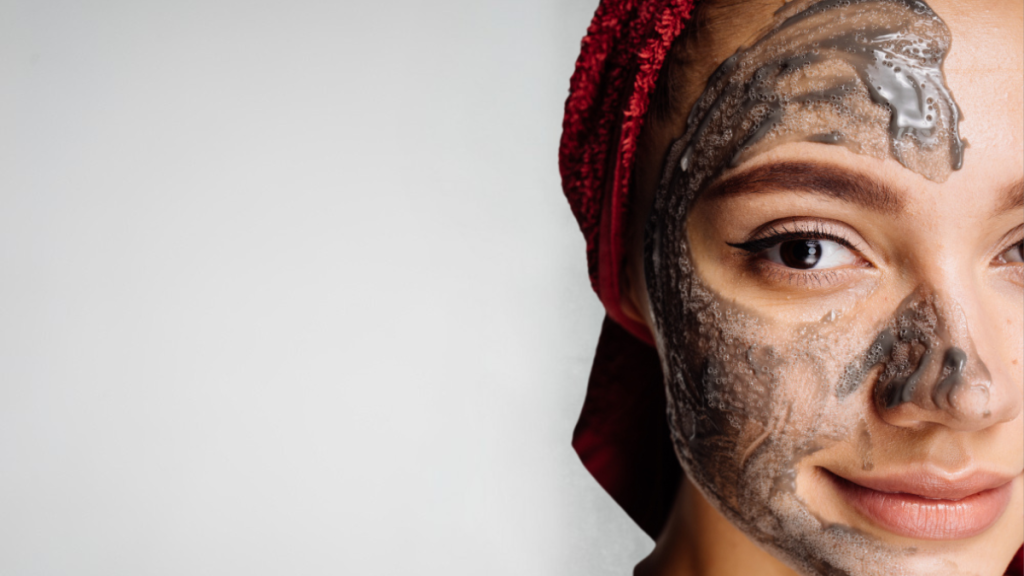Entrepreneur and investor Benny Shabtai has spent more than four decades building global brands across luxury goods, technology, and wellness. As co-founder and CEO of Botanika Life, he oversees a clean, plant-based skincare line carried by premier spas and high-end department stores, giving him first-hand insight into cutting-edge beauty ingredients and consumer trends. Shabtai introduced Swiss luxury timepieces to the U.S. market with Raymond Weil USA and later led Italian jewelry house Di Modolo International, experiences that inform his exacting standards for product quality. An early advisor to Viber and a committed philanthropist, he continues to pair entrepreneurial vision with a passion for elevating consumer experiences—perspectives that shape his view of activated charcoal in modern skincare.
The use of charcoal includes fuel, treating diarrhea and poisoning cases, and water filtration. The Chinese Ming Dynasty between 1300 and the 1600s also used it in skin care.
Activated charcoal refers to a black, odorless, flavorless powder that exposes regular charcoal to high temperatures, resulting in a super-porous product with microscopic spaces and a high surface area-to-volume ratio. However, the product uptake has been slow, with most people preferring the more popular mud masks. It has gained traction in the last several years, with growing activated charcoal inclusion in many facial mask products and skincare routines. The spike in interest and uptake stems from increased research and appreciation of the benefits of activated charcoal for the skin, which include exfoliation and cleansing skin pores, improving skin radiance, and preventing and reducing skin breakouts.
Excess natural skin oil builds sebum, especially around the follicles, resulting in skin breakouts, acne, and pimples. Bacteria and trapped dead skin cells can also trigger acne. Activated charcoal face masks help alleviate breakouts. The high porosity of activated charcoal aids in the impressive absorption of excess oils lifts bacteria, and, after drying, can be peeled off with trapped dead cells.
Myriads of pollutants, albeit in varying percentages depending on the immediate environment, irritate the skin. The common pollutants include ozone, which triggers oxidative stress on the skin; fine particulate matter that results in acne flare-ups; nitrogen oxides that damage the skin’s protective barrier; and volatile organic compounds (VOCs).
The VOCs, comprising chemicals that evaporate at room temperature, are common in close quarters like residential interiors and workspaces. The activated charcoal absorbs pollutants from the skin surface, especially the pores. Compared to other skin care products, which typically wash off the impurities, activated charcoal absorbs them – the impurities become part of the charcoal paste. When peeled or washed off, the skin can “breathe,” reducing the risk of breakouts. The result leads to an evenly colored, radiant, and smooth complexion.
Activated charcoal face masks can cleanse the skin depending on one’s skin characteristics. In all cases, however, individuals should conduct a patch test to determine the reaction and results. Oily skin care products contain other compounds like clay to optimize excess oil absorption. Other additives like salicylic acid aid in absorbing excess sebum and dislodging fat plugs from the pores. The combination cleanses oily skin without leaving it overly dry, tight, or parched.
On the other hand, dry skin requires hydrating compounds. Common additives include olive, jojoba oils, and hyaluronic acid. However, leave on activated charcoal masks for shorter durations than oily skin types to minimize excess dehydration or an overly shiny result, and apply a nourishing moisturizer afterward. Sensitive skin reacts to different additives and pollutants, leading to more breakouts, inflammation, and other skin reactions. One should avoid masks with irritants, fragrances, and dyes and settle for more bland activated charcoal products.
Lastly, matured skin requires additives that rejuvenate the skin and reduce the occurrence or prominence of wrinkles and lines on the face, especially the forehead and around the eyes. Activated charcoal facial masks usually include sebum and cannabinoid oils for this purpose.




